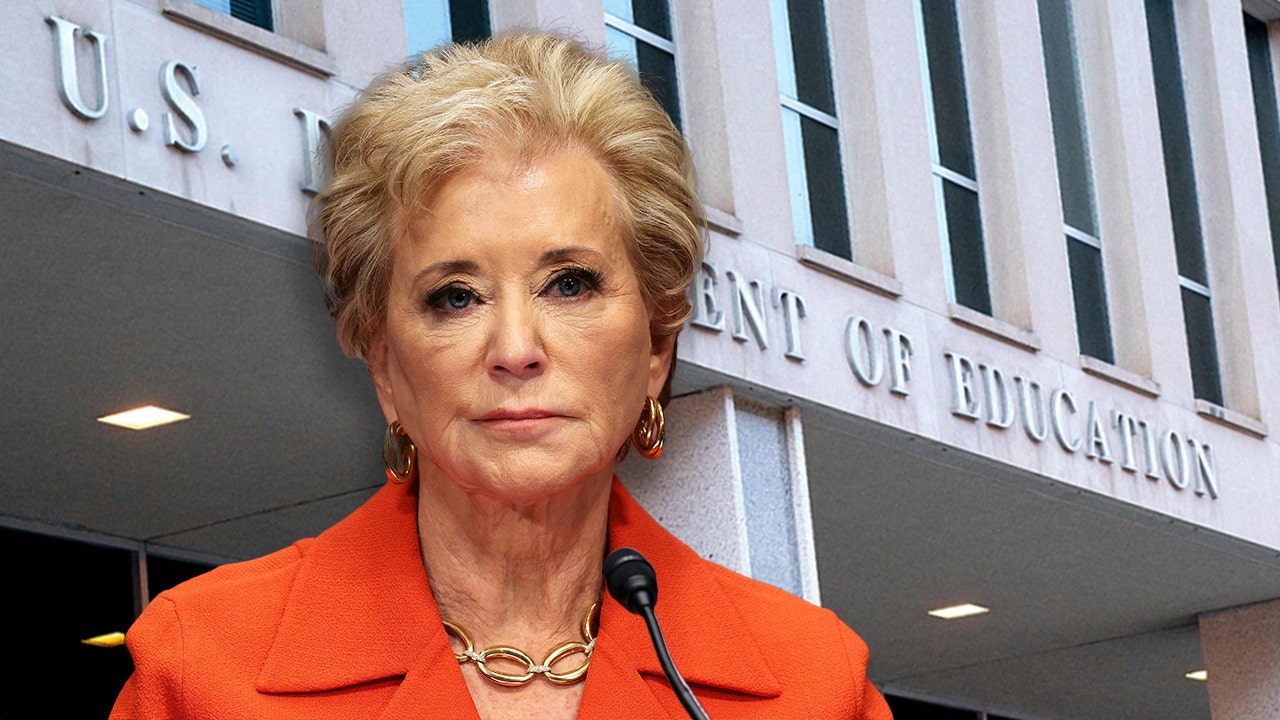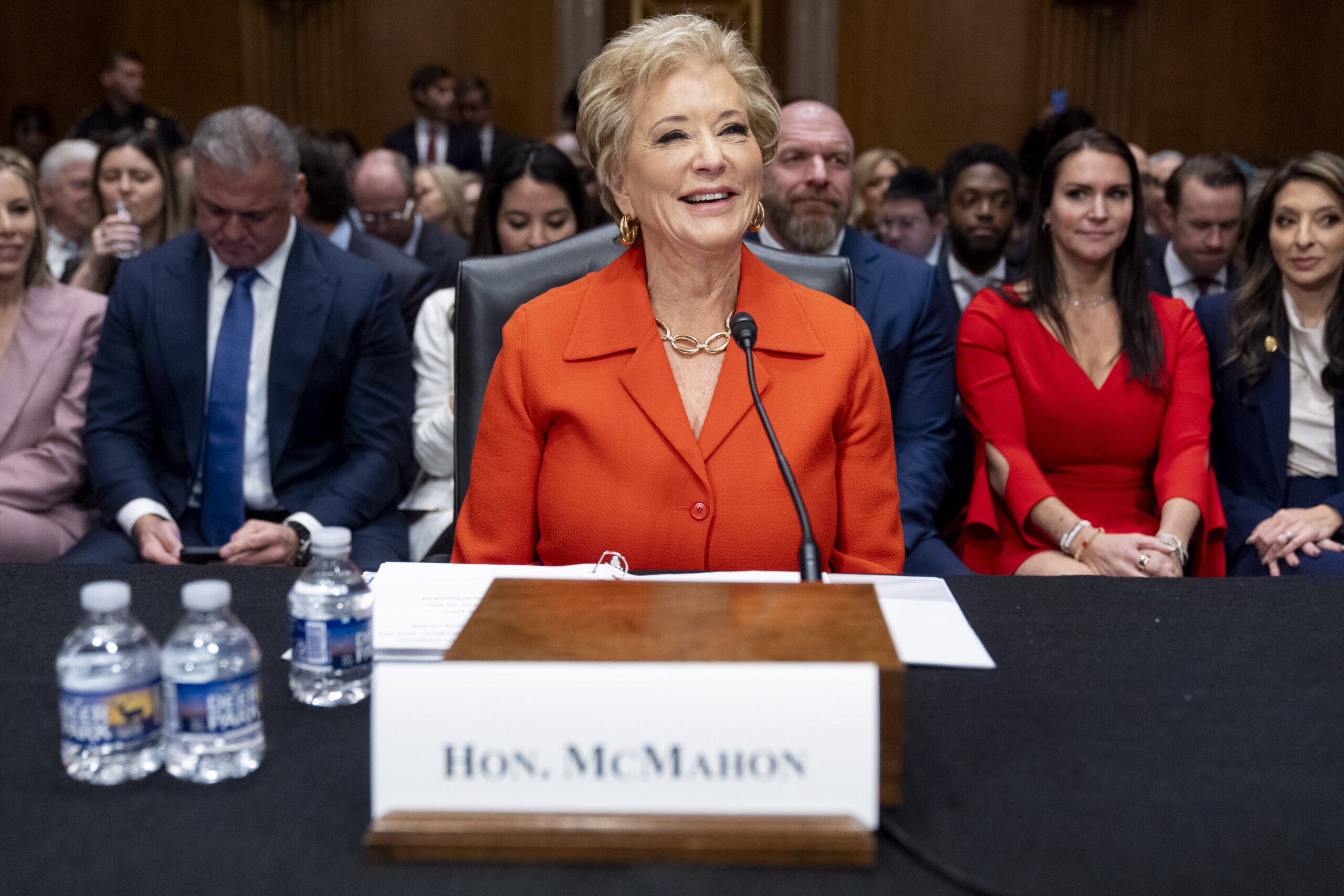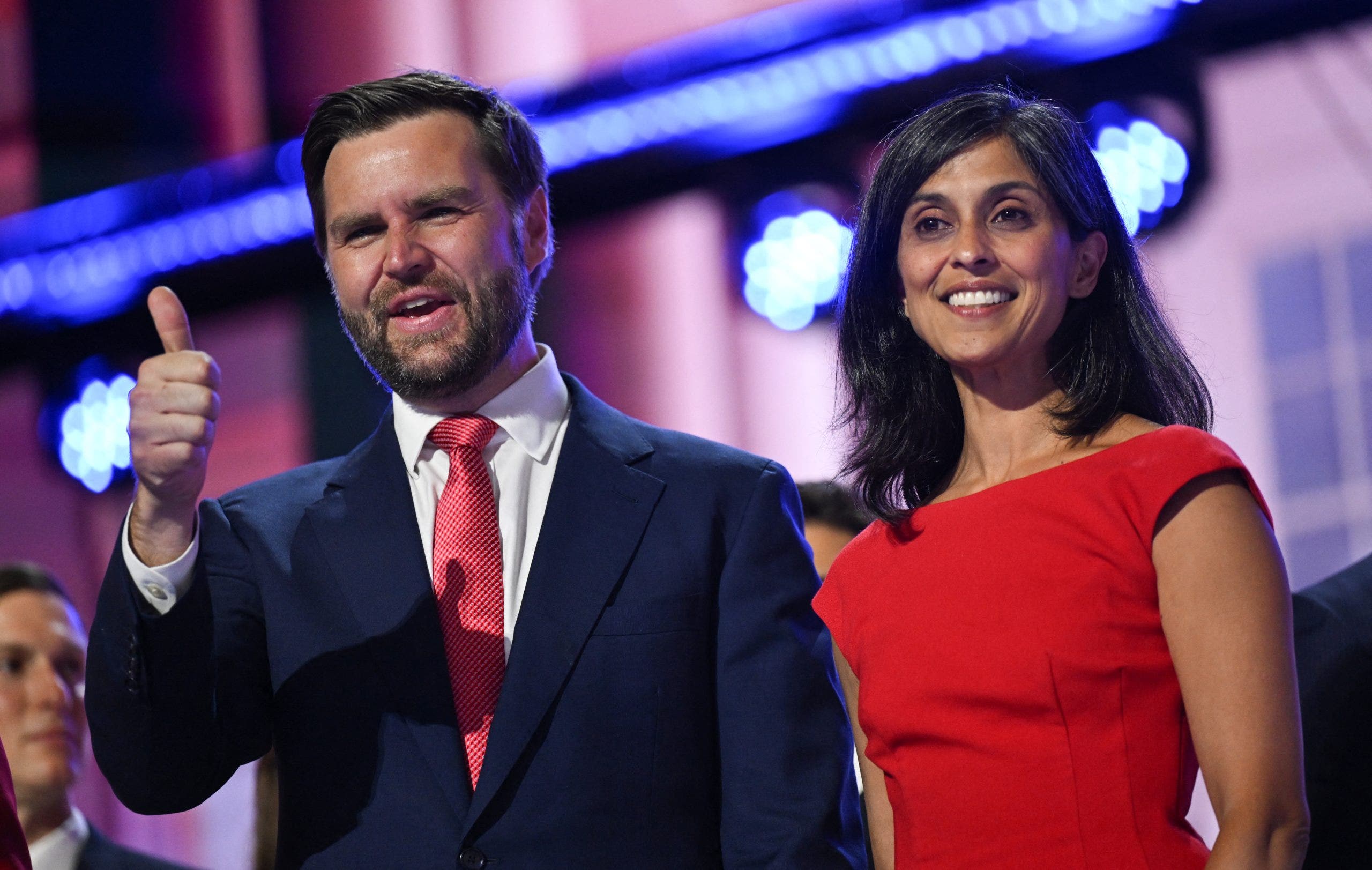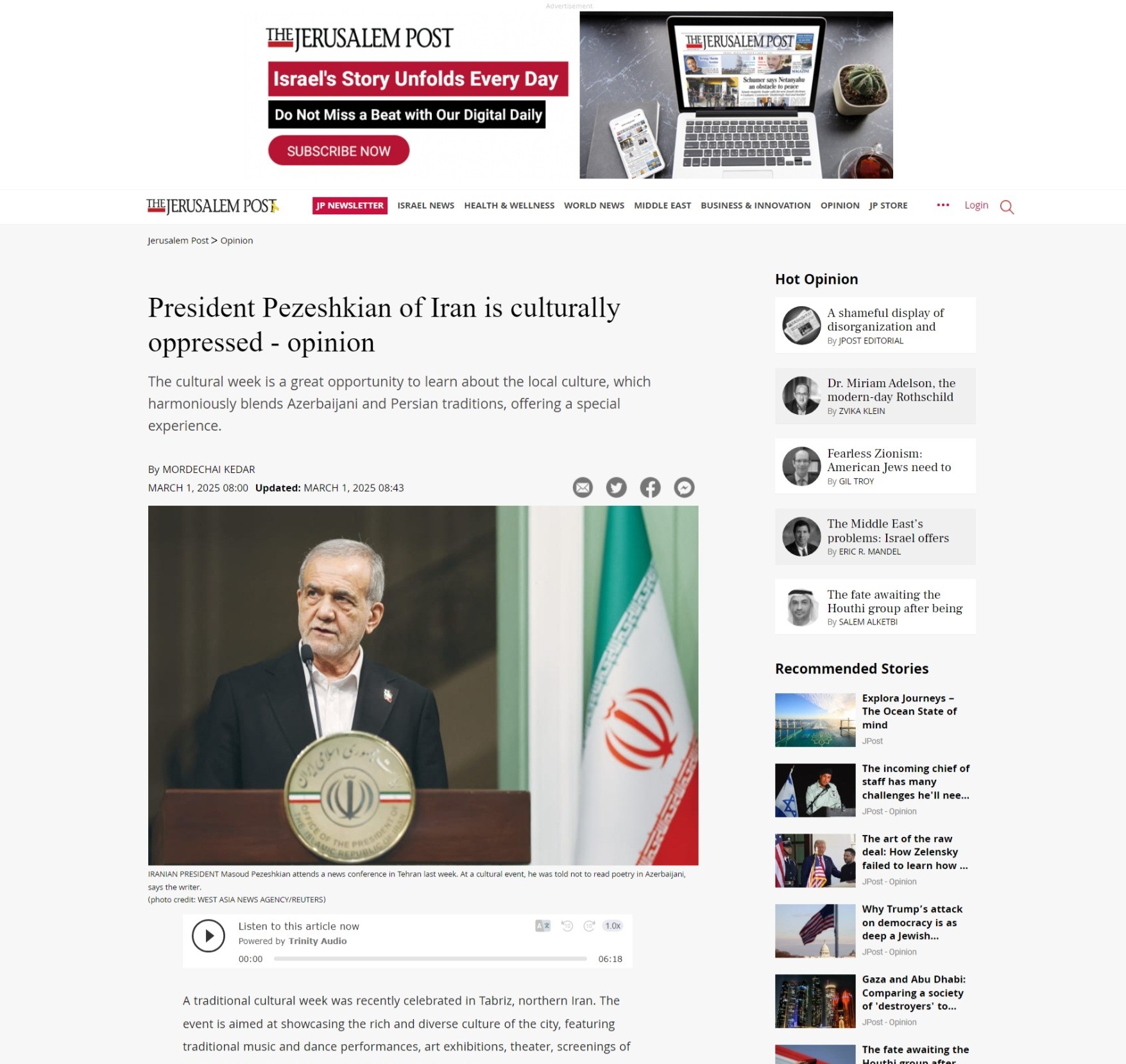Opens Talks With FG On Deploying Digital Solution In Disbursing Palliatives
A Blockchain Consultancy Firm – Convexity Technology Limited, has developed a Convexity Humanitarian Aid Transfer Solution (CHATS) that will mitigate fraud and promote transparency in humanitarian aid given to Nigeria and ensure that every humanitarian assistance goes straight to the people they are intended for.
Hence, the firm is currently in talks with the Federal Ministry of Humanitarian Affairs, Federal Ministry of Women Affairs and the National Emergency Management Agency (NEMA) to adopt and deploy the digital solution in the disbursement of government palliatives, especially cash transfers in order to ensure that monies get to the right people instead of ending up in the pockets of politicians.
Speaking yesterday in Abuja, Head, Investments and Partnerships, Uyoyo Ogedegbe, said that the firm was creating a solution that enables the international donors to be comfortable and have confidence that the money they are investing in the country are getting to the appropriate channels, adding that the measure will help attract more funding into the space.
According to him, CHATS is a platform that enables Donors and NGOs to quickly register beneficiaries, mobilize cash and Donations in kind programs with real-time monitoring and reporting
He said, “The former UN Secretary General, Ban Ki Moon, said that 30 per cent of all humanitarian aid ends up getting missing thanks to corruption. If there are 100 million people targeted for humanitarian aid in Africa, if you can build the solution that puts money in the hands of 10 per cent of that, that is 10 million people getting the benefits of humanitarian aid that wouldn’t have gotten it.
What spurred us to action was an article in the UK TIMES that said, “Nigeria as a country is so corrupt that it is better to burn aid money than give it to Nigeria” At that time, that quote really resonated with us because before we started building this, we had a digital forensic business, that was doing a Fraud Forensic for NGOs, all the major ones in Nigeria.”
“We are currently in talks with the DG of NEMA; we have gotten a lot of support from the Vice President’s office and the SGF’s office and they are making sure we are having the right meetings with the right bodies locally. We are in talk with Ministry of Humanitarian Affairs and the Ministry of Women Affairs. Soon, we should be feeling the impact of this solution. We are also in talk with a few governors who are interested in really changing the narratives, because if we are able to change the narratives, we can bring in way more funding into the space, the problem is that Nigeria is like a Black Hole. So, we are creating a solution that the international donors would be comfortable with and they have the confidence with whatsoever amount going to the appropriate channel, that is our target.”
At Convexity, we build solutions for the Central Bank of Nigeria. We build solutions for a few American companies, UN bodies all the way from Nigeria here. Instead of being the police that always investigated after the fraud has happened, we decided to build a solution that gets people before the fraud happens.
“Fortunately, we have gotten some support from UNICEF in New York. We increase transparency to improve donor activities and philanthropic activities, there is sufficient evidence with projects we have done in Makoko and Red Cross. Any time we partner with any NGO, we use CHATS. We can see live data and the likes. So, it feels like they are on ground; that is what the solution does.
Also speaking, Data and Research Analyst, Sandy Om’Iniabohs, said that CHATS solution would promote transparency, streamline aid distribution process and help in reaching people in the most remote part of the world.
She said, “The focus of our work is offline first for the beneficiaries. CHATS is four different applications and two dashboards. If you are an NGO, you have your own dashboard, if you are a donor, you also have yours. If you are the vendor or field agent, you also have yours.
“UNFP reached out to us from New York and connected us to Turkey and Syria at the time of the earthquake early this year, and they wanted us to do the distribution. The issue then was that we wanted to pilot it locally and perfect the craft then before taking it globally.
“We are looking at the demographics of potential beneficiaries. In markets such as Turkey, many of them had iPhones and Smart phones”.





















Discussion about this post